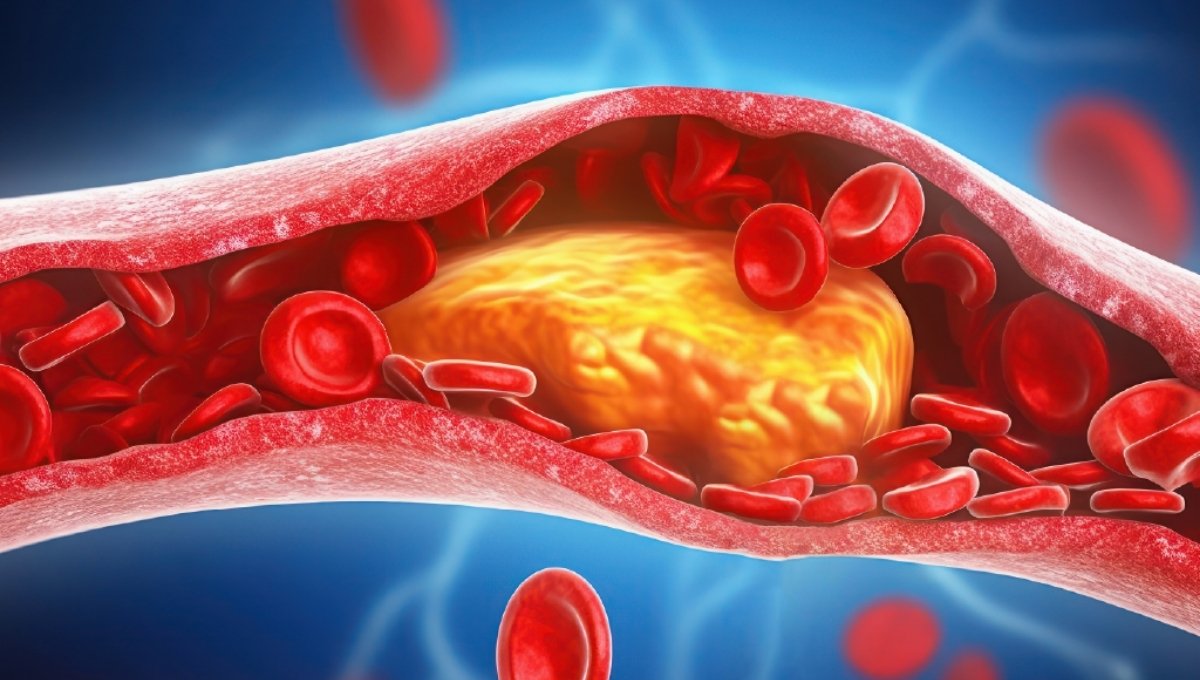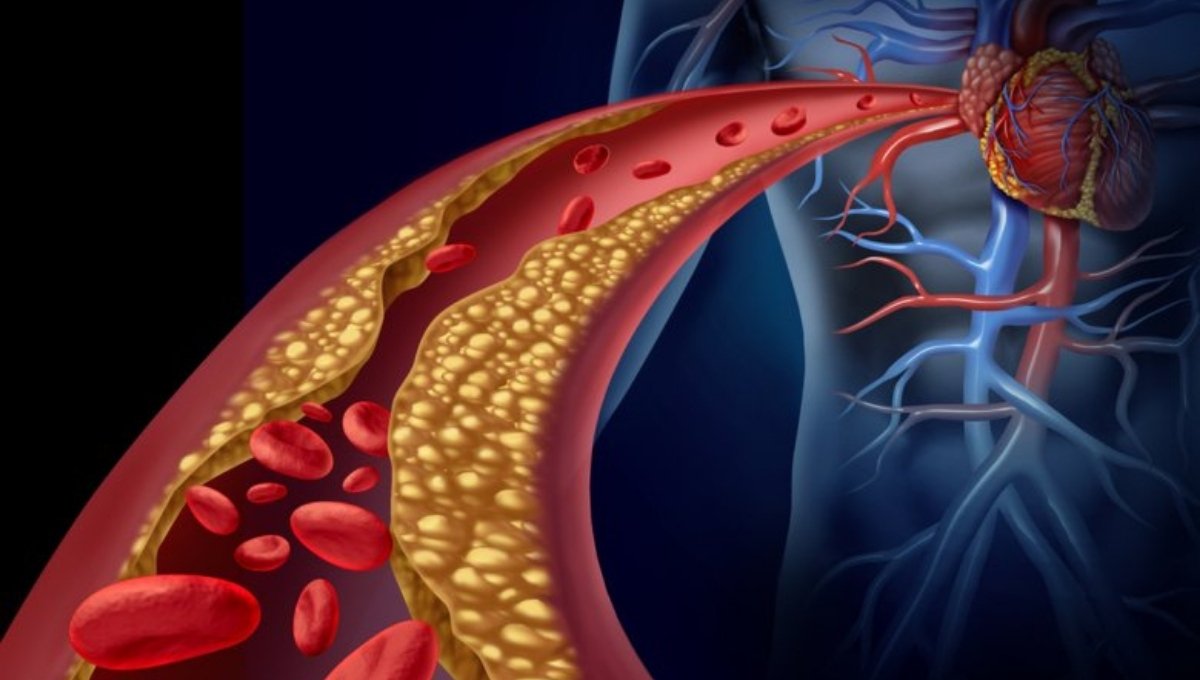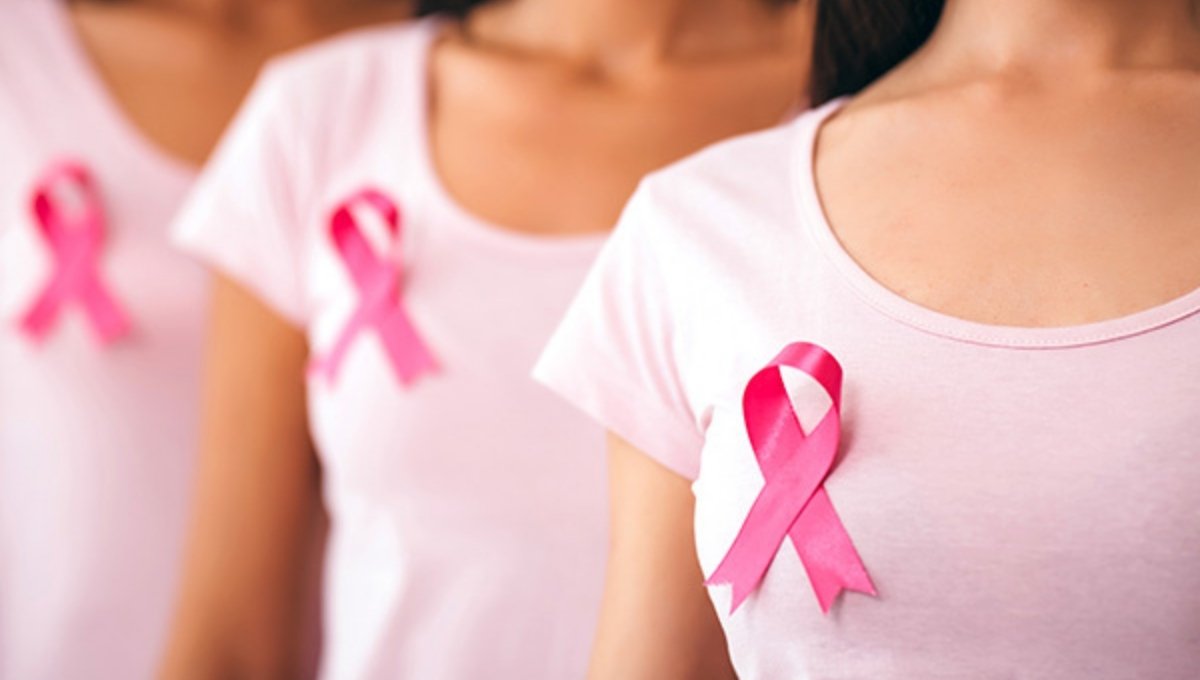Early Cholesterol Risk: There was a long-held belief that middle-aged or older adults were the only ones who had high cholesterol. However, this idea is currently being refuted by fresh research and professional judgments. Concern over “early cholesterol risk” is also on the rise among young people, according to the American Heart Association.
High cholesterol is no longer just an “old person’s disease”

People in their 20s and 30s are more likely to develop cholesterol abnormalities, according to a number of recent research. This is particularly true if they lead a sedentary lifestyle and consume a lot of processed meals.
Genetic factors: When the problem can be present from birth
Familial hypercholesterolemia is a genetic condition that frequently causes high cholesterol. Because of this issue, the body is unable to properly handle cholesterol from birth, which causes artery blockages at a very young age. If you have a family history of diabetes, high blood pressure, or heart disease, your risk is considerably higher. Early screening is crucial in these situations.
Early Cholesterol Risk: When should you get your cholesterol checked?
Experts advise:
- Get your cholesterol examined every four to six years after the age of twenty.
- Starting at age 18, testing is beneficial if you have a family history or other risk factors.
The initial examination can be performed on youngsters as young as 9 to 11 years old, particularly those with a family history of heart disease.
A healthy lifestyle: The first step in prevention

A few simple yet powerful adjustments:
- Steer clear of saturated fats like butter and ghee. Consume foods high in healthful fats, such as fish, almonds, and olive oil.
- Include at least 30 minutes of exercise five days a week in your everyday routine.
- Steer clear of smoking and binge drinking.
- Take care of your tension and get enough sleep.
When Lifestyle Changes Aren’t Enough: Medication
In certain instances, cholesterol levels persist despite lifestyle changes. Doctors may prescribe drugs like statins in these circumstances. Only a doctor’s supervision is recommended when using these drugs.
The Rising Cholesterol Epidemic in India
In India, bad eating habits, urbanization, and changing lifestyles have made cholesterol imbalance a public health emergency. In line with a recent poll:
- Over 30% of adults have dyslipidemia in one form or another.
- After menopause, women’s risk doubles.
- The largest growth is observed among young people in cities.
According to India’s recently published Lipid Guidelines, non-fasting tests are now permitted, increasing the population’s access to cholesterol screening.
Also read:
Lifestyle Changes to Manage Diabetes: Easy Tips for a Healthier Life
Apple Unveils Watch Series 11, Ultra 3 & SE 3: Sleeker Design, Smarter Health, Bigger Impact
Healthy Heart Diets Exposed: What 90% People Get Wrong About Eating Right














